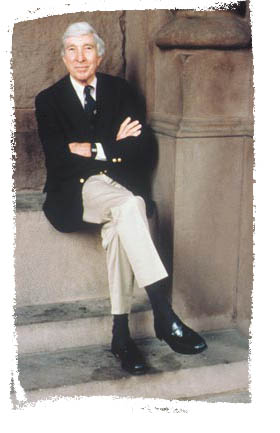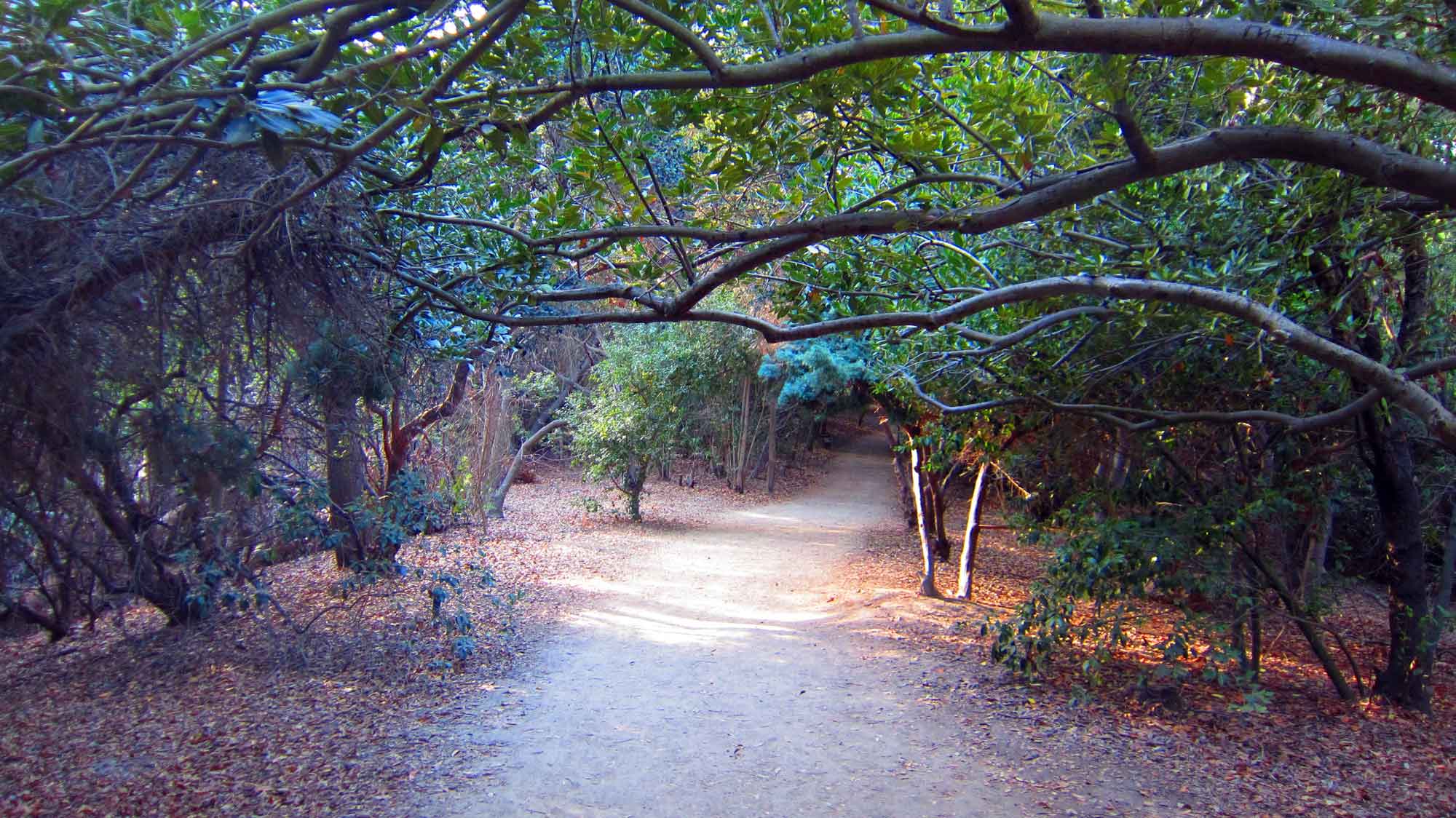John Updike, novelist, died today at the age of 76.
 For at least a decade I was lost in Updike’s books. He wrote about love, God, human need and greed, about how Life happens when you are busy doing something else. He won two Pullitzer prizes, but he didn’t let that stop him from writing more good books.
For at least a decade I was lost in Updike’s books. He wrote about love, God, human need and greed, about how Life happens when you are busy doing something else. He won two Pullitzer prizes, but he didn’t let that stop him from writing more good books.
He tracked one of his characters — Harry Angstrom — in his “Rabbit…” quartet from coming of age, through an entire adult life, all the way to his grave. I took Rabbit’s death pretty hard when I read about it, but this one pains me more.
Thanks, Mr. Updike, for a lifetime of great stories. It’s been good to know you.


There are some authors, including Updike, that for whatever reasons, I intended to read but still haven’t read. Maybe I’ll still get around to it, though my own time on earth is also starting to seem a little limited. I was nearly surprised that CBS TV news even bothered to tell me about it, so maybe the world is not the 100% toilet that it often seems to me.
Anyway, sorry for your loss.
John Updike’s passing is sad news indeed… he possessed a truly beautiful mind; he didn’t just write well, he wrote wisely
Losing Updike is a huge loss.
In “Rabbit Redux,” Updike wrote one of the finest first paragraphs in noveldom:
“Men emerge pale from the little printing plant at four sharp, ghosts for an instant, blinking, until the outdoor light overcomes the look of constant indoor light clinging to them. In winter, Pine Street at this hour is dark, darkness presses down early from the mountain that hangs above the stagnant city of Brewer; but now in summer the granite curbs starred with mica and the row houses differentiated by speckled bastard sidings and the hopeful small porches with their jigsaw brackets and gray milk-bottle boxes and the sooty ginkgo trees and the baking curbside cars wince beneath a brilliance like a frozen explosion. The city, attempting to revive its dying downtown, has torn away blocks of buildings to create parking lots, so that a desolate openness, weedy and rubbled, spills through the once-packed streets, exposing church facades never before seen from a distance and generating new perspectives of rear entryways and half-alleys and intensifying the cruel breadth of the light. The sky is cloudless yet colorless, hovering blanched humidity, in the way of those Pennsylvania summers, good for nothing but to make green things grow. Men don’t even tan; filmed by sweat, they turn yellow.”
I finally took The Grapes of Wrath out of the Library about a year and 2 years ago. I enjoyed (yes, I’ll use that word) reading it tremendously, even as it made me rage and fear for what I so often knew was coming.
The “Rabbit” tale I’d never heard of until recently. If I forget the grief involved in GoW I should be able to enjoy it in that story. Someday…
I believe he left a big piece of himself behind in many folks. Maybe not enough to be obvious in our world, but hopefully enough to notice, even if only subtly.